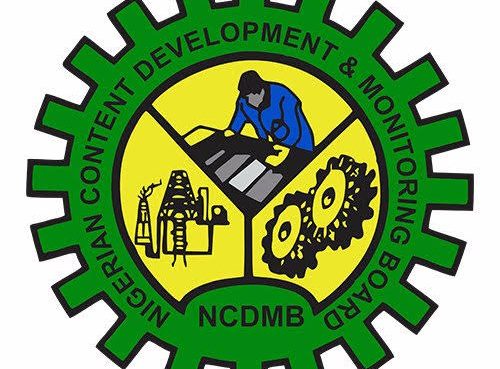Development Research and projects Centre (dRPC), has said that women own 41 per cent micro-businesses in Nigeria with over 23 million female entrepreneurs.
This puts Nigeria among the highest entrepreneurs globally, still there is insufficient real economic empowerment and inclusion for women across the real economic sectors.
According to the Executive Director, dRPC, Judith-Ann Walker, represented by the Director Projects , Stanley Ukpai, said the group is worried that despite several policies and plans from 1999 to date, these policies have not been able to address and incorporate the needs of women economic empowerment.
Walker, who spoke at a three-day workshop organized with Partnership For Advancing Women Economic Development (PAWED), and funded by the Bill and Melinda Gates Foundation (BMGF), said the capacity building workshop was necessary in view of the significant contribution of women in the nation’s economy, but despite that, they still constitute a meagre percentage in real economic spaces in the country.
‘Although Nigerian women account for 41% ownership of micro-businesses in Nigeria with over 23 million female entrepreneurs, making Nigeria among the highest entrepreneurs globally, there is insufficient real economic empowerment and inclusion for women across the real economic sectors,” she said.
She added that there is increasing global awareness that empowering women yields a high return on investment, this is because women are integral part of the nation’s work force and are present at all along any upstream economic chain either formally or informally.
She added that between 1999 and 2020, the Nigerian government developed several national development plans, and these include, the National economic Directions, The National Economic and Development Strategy, Vision 202020, Seven Points Agenda, Transformation Agenda, Economic recovery growth Plan, and the Economic Sustainability plan. All these, she said, have not addressed women’s economic empowerment needs.
The training, she added, is therefore, organized and funded by the Bill and Melinda Gates Foundation to provide skills on techniques, and strategies needed to advocate for improved inclusion of women in real economic opportunities.
Source: The Nation










